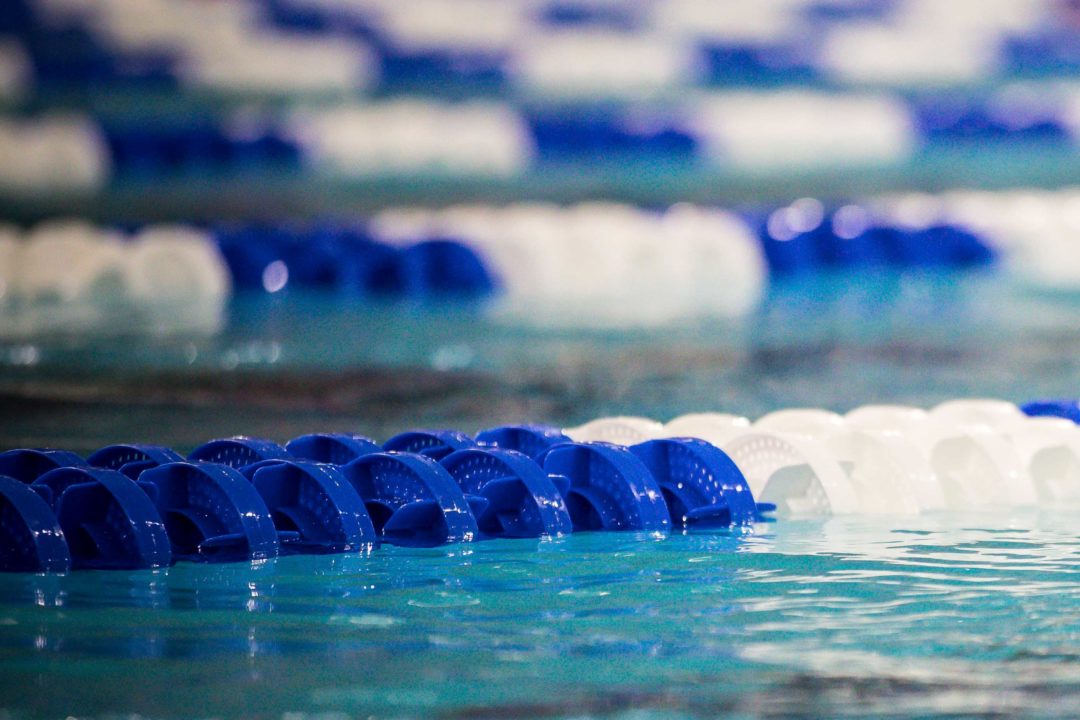Andrew Parsons, President of the International Paralympic Committee (IPC) announced on Thursday, August 15, that they are preparing to accept a refugee team that would compete at next year’s Paralympic Games, set to take place in Tokyo between August 25th and September 6th. The team made their debut during the Rio 2016 Paralympics under the name of “Independent Paralympic Athletes’ Team.”
A refugee team of disabled athletes made its debut on the Paralympic stage at the Rio 2016 Paralympics in parallel with the debut of a Refugee Team at the 2016 Olympic Games. The Paralympic team was composed by Shahrad Nasajpour, an Iranian discus thrower granted asylum in the United States, and swimmer Ibrahim al-Hussein, who placed 18th in the 50-meter freestyle and 21st in the 100-meter freestyle, both in the S9 class. This class consists of both physically impaired swimmers and those diagnosed with cerebral palsy or an acquired brain injury.
“We are now working with different international federations so that we can identify refugee athletes,” Parsons said in a phone interview with Japanse news outlet Kyodo News. Parsons added that they must have credible refugee status in order to be considered eligible for the team.
Parsons also indicated that the issue was brought up at the previous IPC Board meeting, indicating that a framework and budget for the potential refugee team was discussed as well.
Per the Japanese media company, Parsons also said that they are expecting the team size to increase to somewhere between four and eight athletes, which exceeds the team size of two that competed at the Rio Paralympics. At their debut, the team competed under the name of “Independent Paralympic Athletes’ Team.” Further, some of the athletes that competed at the team’s debut may repeat in 2020.
When it comes to the Olympics, the International Olympic Committee’s (IOC) Olympic Solidarity initiative announced last June that it currently sponsors 37 Olympic-hopefuls living and training abroad. The first-ever Olympic team for refugee athletes featured two swimmers among the 10 athletes who competed at the Rio 2016 Summer Olympics.

The IPC has demonstrated that it does much that is right and good. It is simply mind boggling then that they do not address IM as this behaviour robs disabled athletes of their right to compete. You’d think Parsons would give it the attention it deserves.
whole heartedly agree with you Sammy. Maybe they believe the good they do in relation to the refugees fixes their stuff up in relation to the ongoing IM. They brought it new rules and testing in 2018 to try and fix the situation but it has only multiplied with the main offenders being Great Britain and Australia.
I think it leans more towards a misplaced, inherent belief by the IPC that joe public will never believe that ‘disabled’ people and their coaches are capable of enhancing disabilities and would or that able bodied athletes & coaches would even dare to completely fabricate them for classification purposes – so, in their mind, there is absolutely no requirement on their (IPC) behalf to address what is becoming an ever apparent and growing problem for everyone other than them. Refresh your memory regarding recent class actions in sport.
So very true SAMMYJ.
Once again well said MARY.
Well said SAMMYJ.